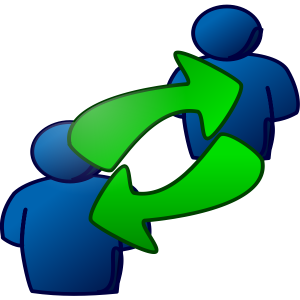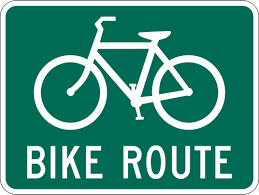“What keeps you from writing?” questions keynote speaker, during a writers conference in late March.
March.
“The laundry,” one mother replies.
The laundry? How old are your kids? I wonder.
The speaker wonders the same. “How old are your kids?” he probes.
“Four teenagers and one husband,” she boasts.
I hear the audience’s collective surprise. I haven’t done my kids’ laundry since they turned 13. Are you still doing your teenagers laundry? Is there something you do for your kids that they could do themselves? Is there something else you’d rather do with your time?
Milestones
My husband and I were committed to training our daughters to live independently and possess necessary life skills by the time they graduated from high school. Laundry falls into this category. We wanted milestones our children could experience in tangible ways affirming that they were growing up. Getting older requires more responsibilities, but it also comes with more privileges.
Privileges & Responsibilities
Starting at age ten, we negotiated with them each year about both a privilege and a responsibility. Some years they chose the same privilege and responsibility while other years they differed. Each year they also went to bed 15 minutes later. For example, when they turned ten, they went to bed at 8:15 PM. The privilege they chose was getting their ears pierced. The responsibility was making family dinner one night a week.
Dinner Duty
“Make dinner one night a week?” a parent whines. “My kids can barely use the microwave.”
Yes, make dinner every week. They can do this because I started training our girls in the kitchen before they were two years old. Pictures attest to pouring with measuring cups, cracking eggs, using a hand mixer, and spooning cookie batter onto a baking sheet. Of course they made a mess. But they also enjoyed eating foods they helped prepare while learning math skills and nutrition. By age ten, they were ready. We had our fair share of burritos, spaghetti, and hot dog casserole. As they got older, they began trying more complex family recipes and finding recipes on their own.
Gender Issues
I know what you’re thinking. Your children are girls. You didn’t raise boys. It’s true, but we would have made the same requirements if we had had sons. They need the same skills for living independently as girls do. Serving as a male role model, my husband also began cooking dinner one night a week. Well, at least that’s what he called bringing home take-out food for some of his “cooking” nights.
Finally, A Driver’s License
But my favorite privilege and responsibility arrived with my daughters’ sweet sixteen birthday celebrations. Since my oldest daughter was eight, I’d been counting how many more years until she’d drive. Driving a car comes with a multitude of privileges, otherwise known as freedom, but also a multitude of responsibilities, otherwise known as DMV laws.
New Freedom for All
This new freedom wasn’t only for our daughters, but freedom for us as parents. Freedom from taking them everywhere they needed to go. The privilege: our car to drive as long as they maintained a 3.0 GPA. The responsibility: creating a family menu every two weeks and grocery shopping on a budget. We didn’t plan a menu and do major grocery shopping for over four years until our youngest moved out. What could you do with all that extra time?
Back to the Laundry
I just got so excited about the privileges and responsibilities that I forgot about the laundry challenges. I know. You’re concerned your teenagers will ruin their clothes. Most likely they won’t for two reasons. One, you’ve spent years training them; and two, they have a clothing budget that started at age twelve. They might ruin clothes YOU bought them, but its less likely they’ll ruin the ones they budgeted for and purchased. They know exactly how much each item costs and what it will cost to replace it. I’ll address more on that topic when I write more on “Money Matters.”
Laundry or ….?
So what would you rather do with your time? Laundry or … ? I’d rather write. And since I don’t do my own laundry until Friday, today I’ll write.
Image Source: detergent-laundry [publicdomainpictures.net]
 to the rescue at the first sign of difficulty or disappointment,” explains Indiana University psychologist, Chris Meno. (1)
to the rescue at the first sign of difficulty or disappointment,” explains Indiana University psychologist, Chris Meno. (1)

 been exercising twice a week and doing some bike riding. My husband and I ride on some bike paths, but mostly I ride in our neighborhood by myself. Well, almost by myself.
been exercising twice a week and doing some bike riding. My husband and I ride on some bike paths, but mostly I ride in our neighborhood by myself. Well, almost by myself. When I taught Child Development in a Learning Community with an English teacher at Merced College, all the reading was based on child development content. The fiction book we selected was My Sister’s Keeper.
When I taught Child Development in a Learning Community with an English teacher at Merced College, all the reading was based on child development content. The fiction book we selected was My Sister’s Keeper. 
 March.
March.